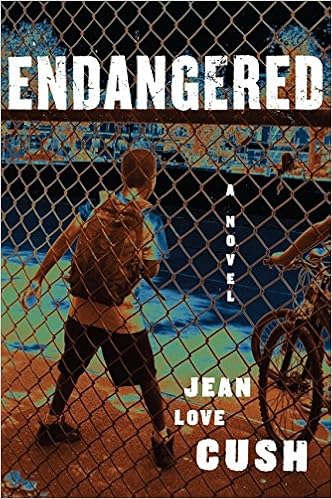Authors seem to believe that adding graphic language, or sex scenes that would make most porn starts blush sells books. While those stories may sell to a certain group of people out there, these authors are missing the point. Romance is about the Happily Ever After. Romance is about watching a romance build into something worthwhile.
Now, don't get me wrong. Hot scenes are fine. Language, when necessary is fine. But when authors are using this to build their story around, they are missing the mark.
When I have taught creative writing to high school students, one of the first questions I get asked is, "So, is it OK if we put swearing in the story." My answer is always the same. "IF it is necessary." I then give them a couple of examples to prove my point.
- Vietnam fiction is often filled with a lot of language. I read 13th Valley in my undergraduate work at the University of Puget Sound. The professor openly noted the language, but he also followed it up with a great piece of analysis. This war sucked. There was nothing good about it. In all honesty, that language was the only way to describe what they were going through.
- For you parents, you will understand this one. We have probably all done this. Have you ever stepped on a Lego or a Barbie shoe, in your bare feet, in the middle of the night? My bet is "Oh, ouch" was not the words you used. Language is appropriate here.
- This one I know we have all done. You know that moment when you bang your elbow on that point that is not so "funny?" Again, my bet is the language you use is pretty darn colorful.
The point is, language is appropriate, IF the characters would normally speak this way. The language is appropriate if it adds to the story, or adds to an understanding of the character.
Now let's talk about the sex scenes. When I started thinking about this post (and the twitter comment this weekend) it was due to a contemporary novel I was reading. The only conflict in the book seems to revolve around the two characters deciding if that chapter long sex scene was either good enough, or if they would be embarrassed when they returned to work the next day. We are not seeing any development of the characters or their relationship.
This is especially true for the romance genre. This is a genre about watching two characters come together, to learn about one another, to grow as a couple. I am sorry to say this, but if the author believes that they are getting together in bed is good enough, or that they learn that the other person likes some particular position, or their growth as a couple is just how long they can do it, the author is missing the point.
I'll be very honest. Writing a romance and leaving out the bedroom scenes is tough. Guess what? You have to rely on storytelling. You have to rely on the characters actually talking and doing things together. You also have to rely on your ability as an author to create a realistic conflict.
So, before you add that language or add that scene, ask yourself, is it really necessary...
